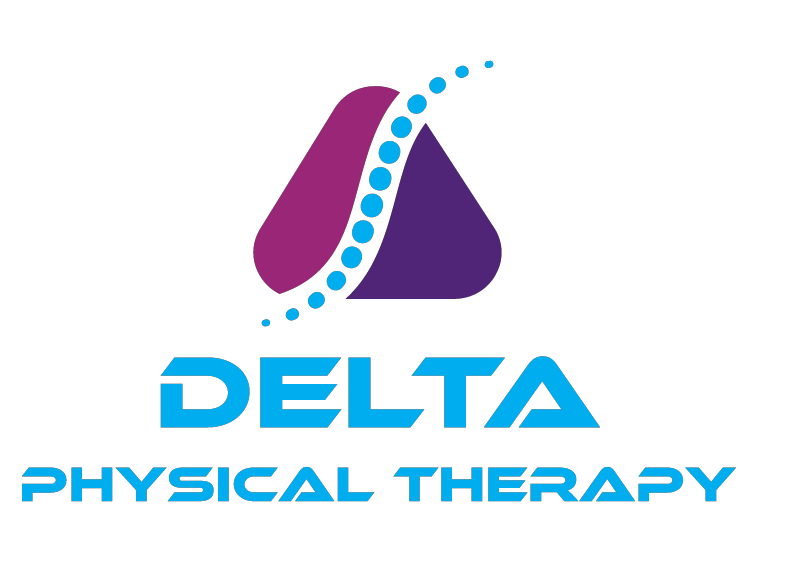One Step at a Time: The Reality of Stroke Recovery (and Why Resilience Isn’t Linear)
Let’s start with the truth: recovery after a stroke isn’t quick, tidy, or one-size-fits-all. It doesn’t follow a clean upward graph. There’s progress, then plateaus. Wins, then setbacks. One day you’re walking farther than you thought you could, and the next day you can’t seem to lift your arm like you did yesterday.
If that sounds familiar, you’re not doing it wrong.
You’re just human.
At Delta Physical Therapy, we see this every day. And we’re here to tell you: resilience doesn’t mean constant progress, it means showing up even when things feel stuck.
Rebuilding From the Ground Up: What Stroke Recovery Really Looks Like
There’s no sugarcoating it…when someone experiences a stroke, the brain and body often need to relearn the most basic things: how to grip a cup, how to shift weight, how to balance on one foot, how to take a step.
It’s not glamorous. But it is powerful.
Some common post-stroke goals we work on:
Regaining balance to prevent falls
Improving walking mechanics and coordination
Relearning grip strength and hand control
Boosting core stability and trunk strength
Supporting speech and breathing mechanics through posture and mobility
Each of these goals requires:
Repetition (lots of it)
Patience (even more of it)
A team that believes in you, even on the days you don’t
Enter: Neuroplasticity (Your Brain’s Superpower)
Here’s the good news: your brain is pretty amazing.
Neuroplasticity is your brain’s ability to reorganize itself, form new connections, and take on functions that may have been lost or damaged. It’s how someone who’s relearning to walk after a stroke can eventually walk again. The brain finds a new way.
But it needs two things to do this: consistent movement and intentional repetition.
That’s where physical therapy comes in.
We’re not just giving you exercises to get your heart rate up. We’re helping your brain and body remember how to move together again. That’s why repetition matters. It’s not boring, it’s literally rewiring.
The Truth About Recovery: It’s Not a Straight Line
One of the most frustrating parts of recovery? It often feels like a rollercoaster.
Here’s what no one tells you (but we will):
You might have a great day… and then three hard ones.
Your progress may stall for weeks before something clicks.
Small wins matter…big time.
And here’s what else is true:
That first time you stand without help? Huge.
The day you grip a pen again? Monumental.
Every attempt, even if it fails, is building your resilience.
At Delta, we don’t expect perfection. We expect effort. We meet you where you are and move forward from there. Slowly. Kindly. Consistently.
Recovery Is a Team Sport (Yes, That Means You, Caregivers)
If you’re a family member or caregiver reading this, first, thank you.
You are a critical part of this process. Your encouragement, patience, and presence mean more than you know. But we also know it’s not easy to support someone through recovery, especially when progress is slow or spirits are low.
Here’s our advice:
Celebrate the little things, even if they don’t feel “big”
Ask questions. Be involved in therapy when possible
Take care of yourself, too
This is a long road. But you’re not walking it alone.
Why Our “Why” Matters
We often hear people say, “I didn’t know PT could help with this.” Or, “I wish we’d started sooner.”
That’s why we do things differently at Delta.
“At Delta Physical Therapy, we deliberately keep our patient-to-therapist ratio low, allowing us to be more thorough with our patients—getting to the root of your problems and returning you to a pain-free, active lifestyle faster.”
In cases like stroke or significant injury, that time and attention can make all the difference. We’re not rushing people through sessions. We’re watching how they move, adjusting as needed, and keeping the focus on function over fluff.
And we genuinely love helping people rediscover what they can do—even if it looks a little different than before.
Final Thoughts: You’re Not Broken. You’re Rebuilding.
If you’re in the thick of recovery right now—or supporting someone who is—just know this:
Resilience isn’t about being unshakeable. It’s about getting back up. Again and again and again.
At Delta, we’re here for the tough days. The good ones, too. And all the small, powerful moments in between.
Let’s rebuild, together.




